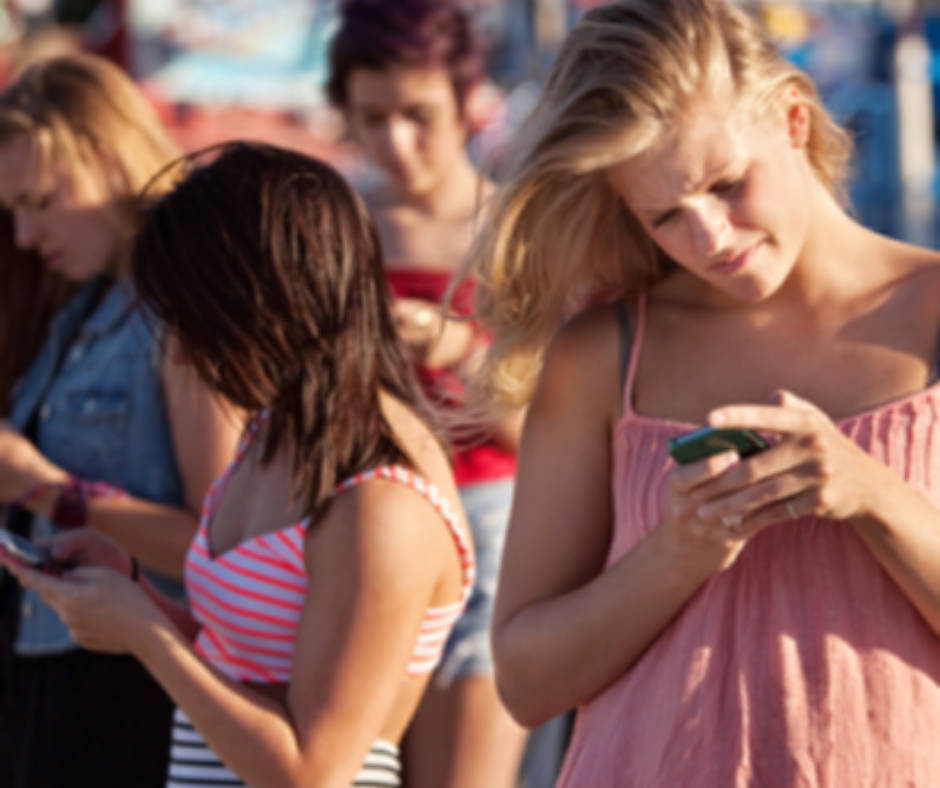There is no denying that smartphones have changed the way we live, bringing convenience to our fingertips 24/7. Need to know something? Google it. Want to say something to someone? Text it. Need to remember something? Set a reminder. Want to buy something? A few clicks later and it’s virtually on its way. Stay in touch with old friends? Check them out on Facebook or Instagram, throw a few likes their way, let them know you haven’t forgotten them. And you can do it all right now.
It’s great, all this technology and convenience, right? Well, yes and no. As with anything, too much of a good thing is not always good for you.
With the rise of smartphone use we have seen a rise in new areas of concern in terms of our well being. Mobile phone addiction, chat addiction, social media addiction and internet addiction are all real issues, and with any addiction there can be impact in multiple areas of our lives: work; study; relationships; sleep; physical health, and the list goes on. Addiction to anything often brings with it high levels of anxiety.
There has even been a new term created to describe the act of snubbing someone you are with by checking your phone during a conversation with them: phubbing. When you do this while in the company of your relationship partner, this is called Partner phubbing, or pphubbing. As amusing as this may seem, the sinister downside is the negative impact phubbing is having on these relationships, reducing our experience of relationship satisfaction and personal well-being, which in turn increases our susceptibility to depression.
While anxiety and depression can be associated with smartphone use this does not have to be the case, smartphone use can be managed in a way that harnesses the positives and manages the downside. Awareness and self-management are the key to finding balance, and these are skills that are easily taught, although mastering them may require support.
If you feel you have a problem with smartphone use, reach out to a trusted therapist. With their insight, encouragement and support, you can work through the underlying reasons the problem or addiction has emerged, and develop a personalised management plan to restore a sense of balance and well being into your life. It may even save your relationship.
References:
Determinants of phubbing, which is the sum of many virtual addictions: A structural equation model. Karadag, E., Tosuntas, S., Erzen, E., Duru, P., Bostan, N., Sahin, B., Culha, I., & Babadag, B. Journal of Behavioural Addictions, 2015, Vols.4(2), p.60(15)
My life has become a major distraction from my cell phone: Partner phubbing and relationship satisfaction among romantic partners. Roberts, J., & David, M. Computers in Human Behaviour, 2016, Vol.54, p.134(8)
